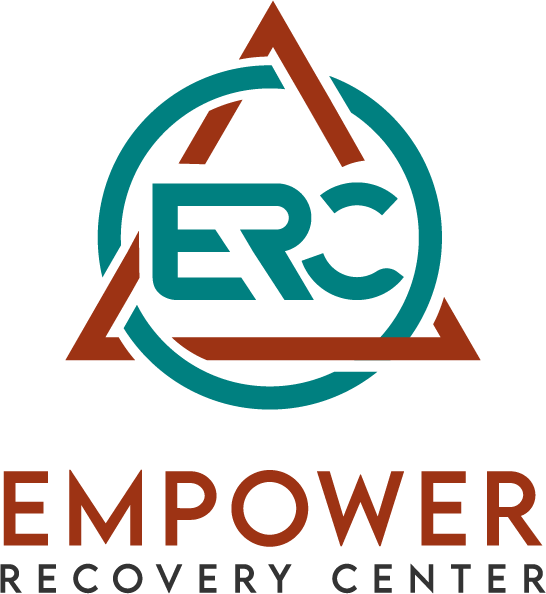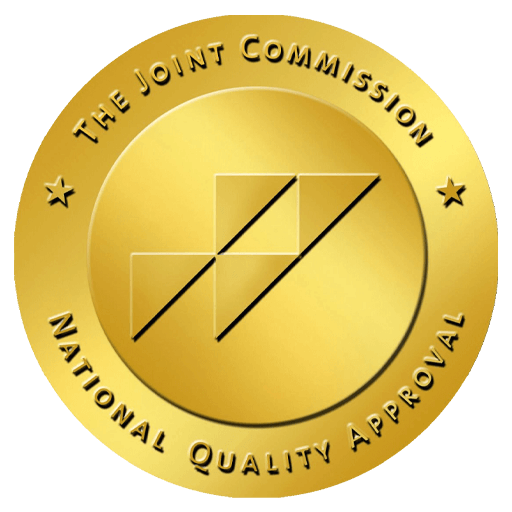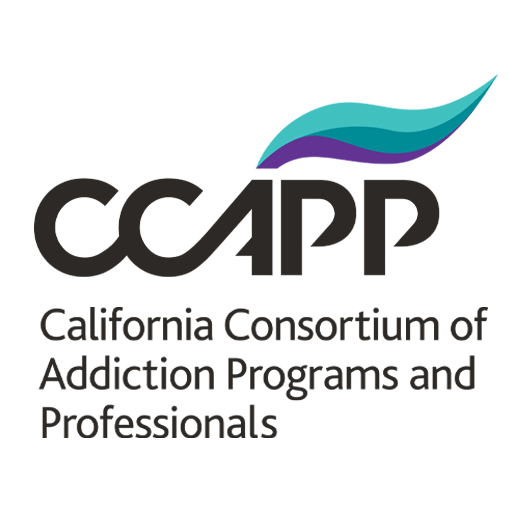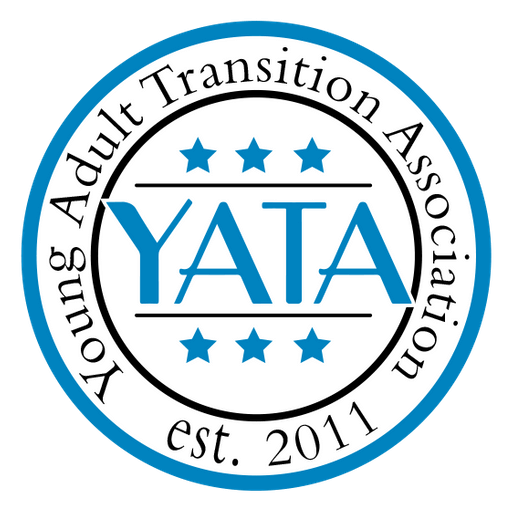The Challenges Young Adults Face Today
As someone who has spent over 20 years working at Empower Recovery Center, I’ve seen firsthand the complex challenges young adults face today as they transition into adulthood. The expectations on them are numerous and varied, ranging from academic pressures to the economic realities of finding sustainable employment. These pressures can be overwhelming, leading some young adults to experience what’s known as a “failure to launch.”
This phenomenon isn’t just about delayed independence; it involves emotional, social, and mental health dynamics. For some, it’s exacerbated by underlying substance abuse issues or untreated mental health conditions. Navigating these waters requires a nuanced approach, and that’s where failure to launch programs for young adults come into play, offering structured support and guidance.
Essential Elements of Failure to Launch Programs
Effective failure to launch programs for young adults incorporate several key components: therapeutic support, life skills training, and community integration. From my experience, it’s paramount that these programs provide individualized care that respects each young adult’s unique journey.
Therapeutic support may include evidence-based therapies such as Cognitive Behavioral Therapy (CBT) or Dialectical Behavior Therapy (DBT), both of which are staples at our center. Life skills training covers practical areas like financial literacy, job readiness, and time management. Finally, community integration helps young adults build a network of supportive peers and mentors, a crucial step in sustaining newfound independence.
How to Select the Right Program?
Choosing the right program involves several considerations. First, determine if the program aligns with the individual’s specific needs. Look for programs that offer a holistic approach, addressing physical, emotional, and social aspects of wellbeing. At Empower Recovery Center, we emphasize customization because there is no one-size-fits-all solution.
Next, evaluate the program’s track record. Are there testimonials or success stories available? Do they offer ongoing support beyond the initial program? Industry standards often suggest programs should provide a continuum of care, adapting to the evolving needs of individuals.
Finally, assess the program’s staff credentials and expertise. A team with diverse specializations can offer a more comprehensive treatment plan, crucial for effectively addressing the multidimensional nature of failure to launch scenarios.
How Do These Programs Help Young Adults?
Failure to launch programs for young adults offer structured interventions that help participants gain the skills and confidence needed to embark on independent living. By integrating therapeutic methodologies and practical skills training, these programs serve as a bridge between dependency and autonomy.
For instance, consider “Lisa,” a pseudonym for a client at our center. She entered our program without a clear direction in life, burdened by unresolved anxiety. Through our program offerings, Lisa developed coping strategies, built a support network, and acquired job-ready skills. Today, she’s thriving while attending community college and working part-time.
These programs also address social isolation, a common barrier for young adults who feel left behind. By fostering community and connection, participants learn to navigate social contexts more effectively, enhancing their transition into adulthood.
Addressing Common Concerns About These Programs
Common hesitations about enrolling in failure to launch programs for young adults include concerns over costs and the perceived stigma of needing assistance. It’s imperative to view these programs as an investment in lifelong wellbeing. Many centers, including Empower Recovery Center, offer sliding scale fees or scholarships to ease financial burdens.
There’s also a misconception that these programs aim to “fix” individuals. On the contrary, the objective is empowerment, equipping young adults with tools for self-efficacy. The idea is not just to make it through the immediate challenges but to build resilience for future endeavors.
In terms of stigma, remember that seeking help is a sign of strength and self-awareness. At our center, we emphasize the importance of viewing personal growth as a continuous, positive journey rather than a destination.
What Qualifies as a Failure to Launch Programs for Young Adults Emergency?
A failure to launch emergency arises when a young adult exhibits signs of severe distress, such as chronic unemployment, social withdrawal, or substance abuse, leading to detrimental impacts on their quality of life. Timely intervention can prevent further complications.
Here are some steps to take if you suspect an emergency:
- Consult a mental health professional for an evaluation.
- Involve family members or caregivers to provide additional support.
- Explore short-term interventions, such as intensive outpatient programs, to stabilize the situation.
- Consider long-term plans, including specialized failure to launch programs for young adults.
Addressing these emergencies promptly is critical to ensuring the young adult receives the comprehensive support they need.








